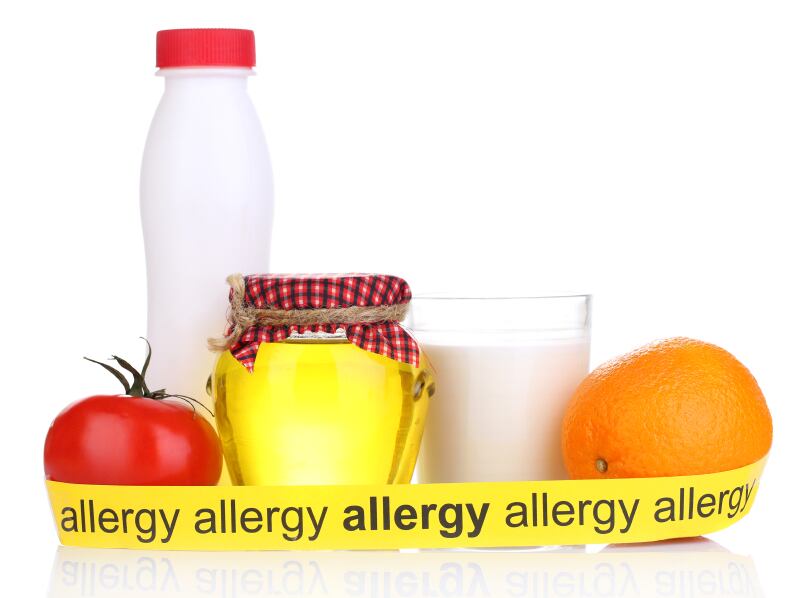
As it stands, hardly any food on our shelves is non-allergenic, they said. Even avoiding known allergens is not fool-proof since trace amounts can enter food during production, for instance when different products are made on the same machine.
The team – a consortium of Fraunhofer institutes working under the 2016 – 2019 LowAllergen project with a budget of €6.6 million – have so far proven soy protein can be modified to be less allergenic.
“We have already filed a patent application for the production of hypoallergenic protein preparations,” Dr Peter Eisner, a scientist at Fraunhofer IVV and project coordinator said.
Though the process would not completely remove allergens, it could reduce the risk especially for allergy prone patients who could develop new allergies, Dr Michael Szardenings group manager at Fraunhofer Institute for Cell Therapy and Immunology, IZI, told FoodNavigator.
“There are major allergenic compounds in soy as in most food ingredients, which could be removed or modified as colleagues at Fraunhofer have tried,” he said.
“It is a matter of experimental work to find ways that the final product is somewhere between highly allergenic unprocessed soy and say fully fermented soy sauce. That has been achieved, but we need to work on the tests to prove reduced allergenicity. It is too early to claim we have really solved the problem, but we had an excellent start.”
Out of a range of processing methods, the team found a combination of enzymatic hydrolysis and microbial fermentation were effective to extract soy protein with low immune reactivity. Other methods used included treatment with plasma, pulsed UV light and gamma radiation.
The resulting soy proteins even had improved taste.
It is now hoped the research can be applied to other food allergies, as well as improved diagnostic tests for sufferers.
Other researchers have also looked towards reducing allergenicity in foods as the future of allergy management.
For instance, cross linking milk using microbial enzymes has been suggested to reduce allergenicity. UV light, enzymes and acids introduced during production have long been believed to be the future of reducing allergenic qualities of proteins.
Better detection in production

“To date there are no food products, except for baby food, that are hypoallergenic and contain few allergens. The production of such products is very complex,” said Dr Michael Szardenings, group manager at Fraunhofer Institute for Cell Therapy and Immunology, IZI.
“One reason for this is that although the allergenic components of food ingredients can generally be detected, to date, it is not possible to determine their specific allergenicity.”
However, again using soy protein, the team believe they have now found a way to do this.
“The human body can develop antibodies against all kinds of foreign substances,” he said. “According to our findings, in the case of soy, this occurs in more places in the allergenic proteins than expected.”
The scientists identified 374 allergy-relevant epitopes from soy – the allergenic parts of a protein.
The plan is now to develop a test for a broad range of food allergies which can be performed using one drop of blood.
“With our test, one can precisely determine whether there is a risk of a soy allergy. It could even be evaluated immediately at the medical practice,” Szardenings said.
